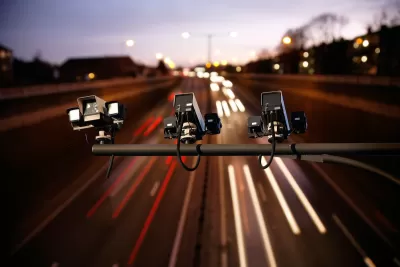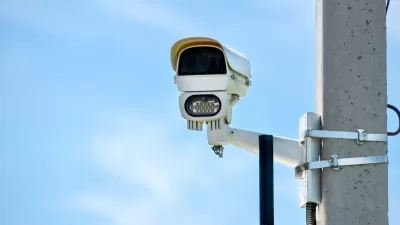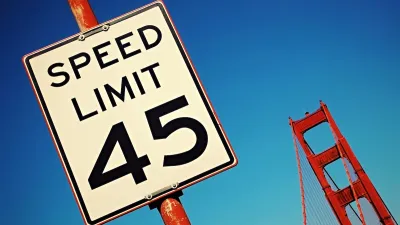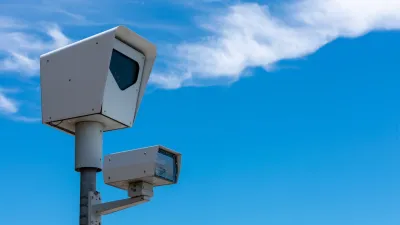While some states and cities are embracing automated traffic enforcement as a tool for improving road safety, others are banning the technology over concerns that the programs are designed for profit rather than public benefit.

The growing movement to use automated traffic cameras to enforce road rules is coming up against opposition from some local officials and drivers who see the programs as a “cash grab” rather than a true safety effort. To date, at least eight U.S. states have laws banning speed cameras. Some states are regulating camera vendors to ensure they are not profiting from citations and that revenue is going to pedestrian safety projects.
However, cameras have been shown to work. New York City issued over 400,000 tickets to drivers who block or park in bus lanes since its automated enforcement program began. In Philadelphia, excessive speeding dropped by 90 percent after the city installed cameras along one particularly dangerous road segment.
According to Kamron Clifford of mobility analytics firm Arity, “While speed cameras can be frustrating, they are a proven tool for reducing traffic fatalities and raising awareness of risky driving behaviors.” But road design, pedestrian infrastructure, and other interventions are also key parts of the broader effort to eliminate road deaths.
FULL STORY: State and local lawmakers take a renewed look at speed enforcement cameras

Montreal Mall to Become 6,000 Housing Units
Place Versailles will be transformed into a mixed-use complex over the next 25 years.

Planetizen Federal Action Tracker
A weekly monitor of how Trump’s orders and actions are impacting planners and planning in America.

DARTSpace Platform Streamlines Dallas TOD Application Process
The Dallas transit agency hopes a shorter permitting timeline will boost transit-oriented development around rail stations.

Study: 4% of Truckers Lack a Valid Commercial License
Over 56% of inspected trucks had other violations.

Chicago Judge Orders Thousands of Accessible Ped Signals
Only 3% of the city's crossing signals are currently accessible to blind pedestrians.

Philadelphia Swaps Car Lanes for Bikeways in Unanimous Vote
The project will transform one of the handful of streets responsible for 80% of the city’s major crashes.
Urban Design for Planners 1: Software Tools
This six-course series explores essential urban design concepts using open source software and equips planners with the tools they need to participate fully in the urban design process.
Planning for Universal Design
Learn the tools for implementing Universal Design in planning regulations.
City of Mt Shasta
City of Camden Redevelopment Agency
City of Astoria
Transportation Research & Education Center (TREC) at Portland State University
US High Speed Rail Association
City of Camden Redevelopment Agency
Municipality of Princeton (NJ)





























